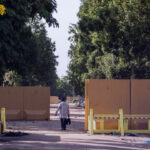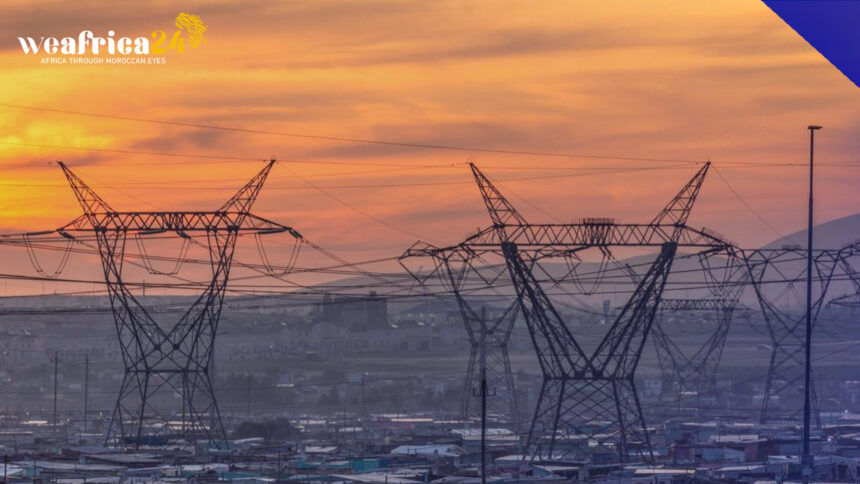In a significant move aimed at bolstering their energy independence, twelve states, including Lagos and Kano, have finalized plans to embark on power generation projects within their respective jurisdictions, aligning with the provisions of the Electricity Act 2023.
According to reliable sources, these states have taken proactive steps to establish their electricity market laws and await approval from the Nigerian Electricity Regulatory Commission (NERC) to establish independent regulatory bodies, distinct from the federally owned NERC.
While these states intensify efforts to harness local power resources, the recent 240 percent tariff hike imposed by the Federal Government has triggered widespread condemnation. The hike, particularly affecting consumers in Band A who enjoy a 20-hour electricity supply, has drawn criticism from various quarters, including the Petroleum and Natural Gas Senior Staff Associations of Nigeria, civil society organizations, and the Nigeria Electricity Consumer Advocacy Network. Concerns have been raised over the exacerbation of hardships faced by Nigerians as a result of the tariff increase.
The complete withdrawal of electricity subsidies for consumers in the Band A category, constituting approximately 15 percent of total power users nationwide, has further fueled discontent. The announcement by the NERC on Wednesday revealed a staggering surge in tariff rates, with affected consumers now expected to pay N225 per kilowatt-hour, up from the previous rate of N68/kWh.
Despite the outcry over the tariff hike, emerging indications suggest that several states are seizing the opportunity presented by the new Electricity Act to establish their power generation entities. This proactive approach reflects a broader trend towards energy self-sufficiency and underscores the evolving landscape of Nigeria’s power sector.
As the nation grapples with the dual challenges of enhancing energy access and mitigating the impact of tariff adjustments, stakeholders must engage in constructive dialogue and explore sustainable solutions. The pursuit of state-led power projects offers a promising avenue for diversifying the energy mix and promoting regional development, ultimately contributing to the nation’s socio-economic advancement.
Amidst the prevailing discontent, concerted efforts are needed to strike a balance between tariff rationalization and the imperative of ensuring affordable and reliable electricity supply for all Nigerians. Collaborative action, guided by a commitment to inclusivity and transparency, will be crucial in navigating the complexities of Nigeria’s energy landscape and charting a path towards a brighter, more sustainable future.







